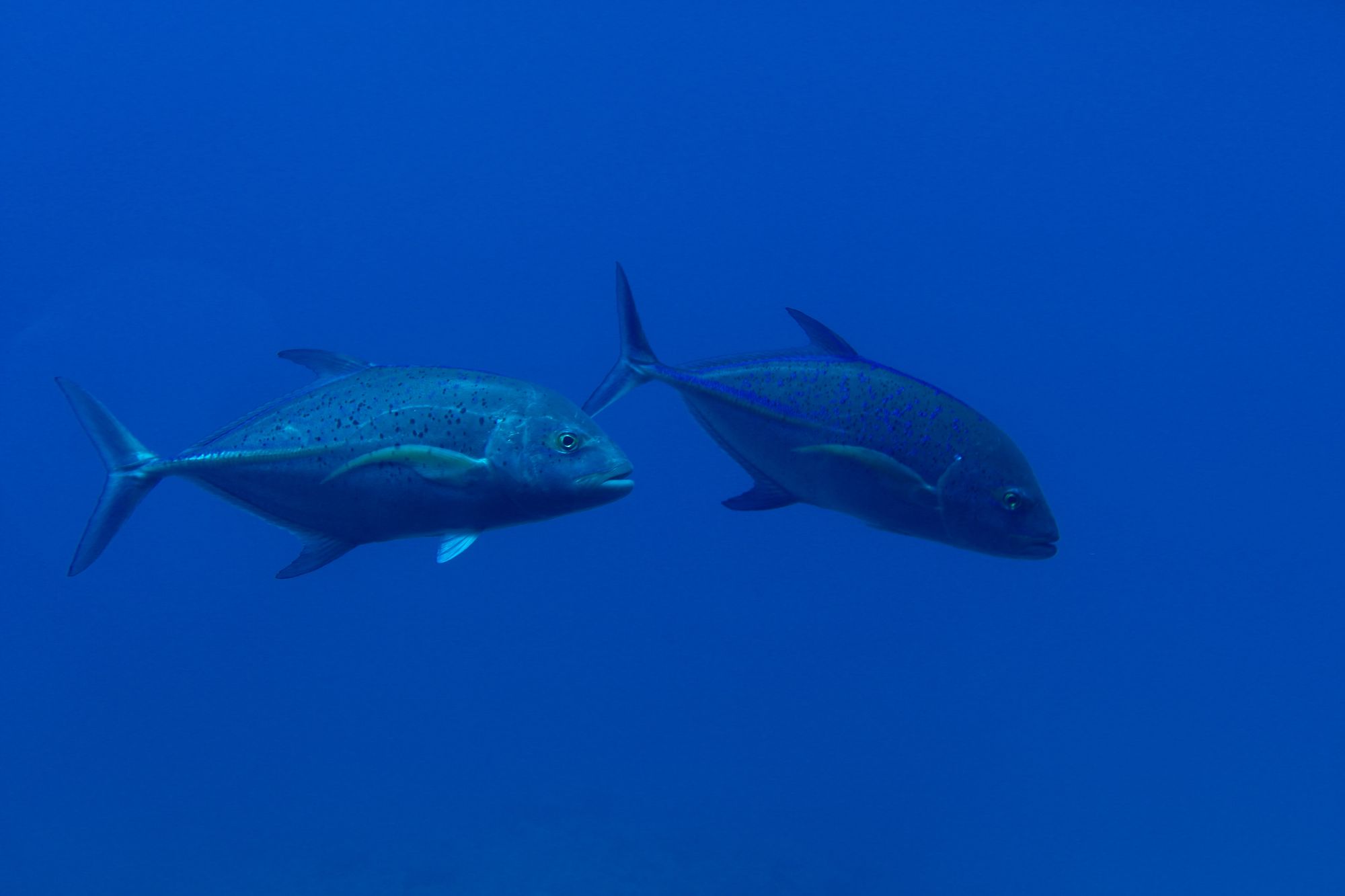Seventeenth Sunday in Ordinary Time - Fr. Adam Royal
July 24, 2021 - 5:00 PM
July 25, 2021 - 8:00 AM
Audio Recording
This is without a doubt one of my favorite miracle stories. But not so much because of what happens in the miracle. I like it because of how people interpret it. There are a lot of people, perhaps most of us, that don’t really want to believe in miracles. We would like to find some natural explanation for what Jesus did so we can reinterpret his works as mundane but inspirational. We do that because if he is performing miracles, if he is performing signs which demonstrate that he is who he says he is, then we have to listen to Jesus. That is, we would have to obey him, and we would have to change and live like him. So we tell ourselves bizarre stories to help us avoid that. None is more bizarre than one that is told about the feeding of the 5,000.
The text says that 5,000 men had gathered around Jesus and were hungry. Jesus commands the disciples to feed them and they ask how? Not even two hundred days wages could feed these crowds. But there was a young boy who had two fish, and five loaves of bread. So Jesus takes the bread and fish and feeds everyone there, with some leftover. The miracle seems to be multiplying bread and fish. But according to the naturalized story, those two fish the young boy had were actually two 400 pound tunas. So the real miracle is that people were sharing.
Besides the obvious absurdity of this idea that has been presented countless times, this interpretation reflects too negative a view of humanity. It claims that the act of sharing is a miracle. That humanity is so corrupt, so wicked, that hungry people would work together and share a meal only in a miraculous context.
But that isn’t true. We are not, in general, that corrupted. As much evil as we might see in the world, if we look around us we also see great good. Everyday people work to make the world and their communities better. People routinely dedicate their lives to serving the disadvantaged and marginalized. People, for the most part, are good. In fact, goodness is inscribed in our nature. We are created in the image of God. While that image can be damaged, cracked, and covered over by original sin, by society, and by our choices, the image cannot be destroyed. Its who we are and so it always survives. At the core of every person on earth is goodness. Therefore no-one is beyond hope, everyone can become not only a good person but a saint.
When Jesus multiplied the bread and fish, the miracle was exactly what we expect. Where crowds saw only worthlessness, Jesus saw overflowing abundance. He took what we disregarded and made it into more than we could imagine. The miracle proves to us that he can do the same in our lives and in anyone’s life. Christ can take the smallest of goodness within us and make it into greatness. He can take the people that we casually disregard as worthless, and no-good, and he can make them perfect. We must learn to see in the faces around us, hope. Then we be able to love one another as Jesus first loved us.
